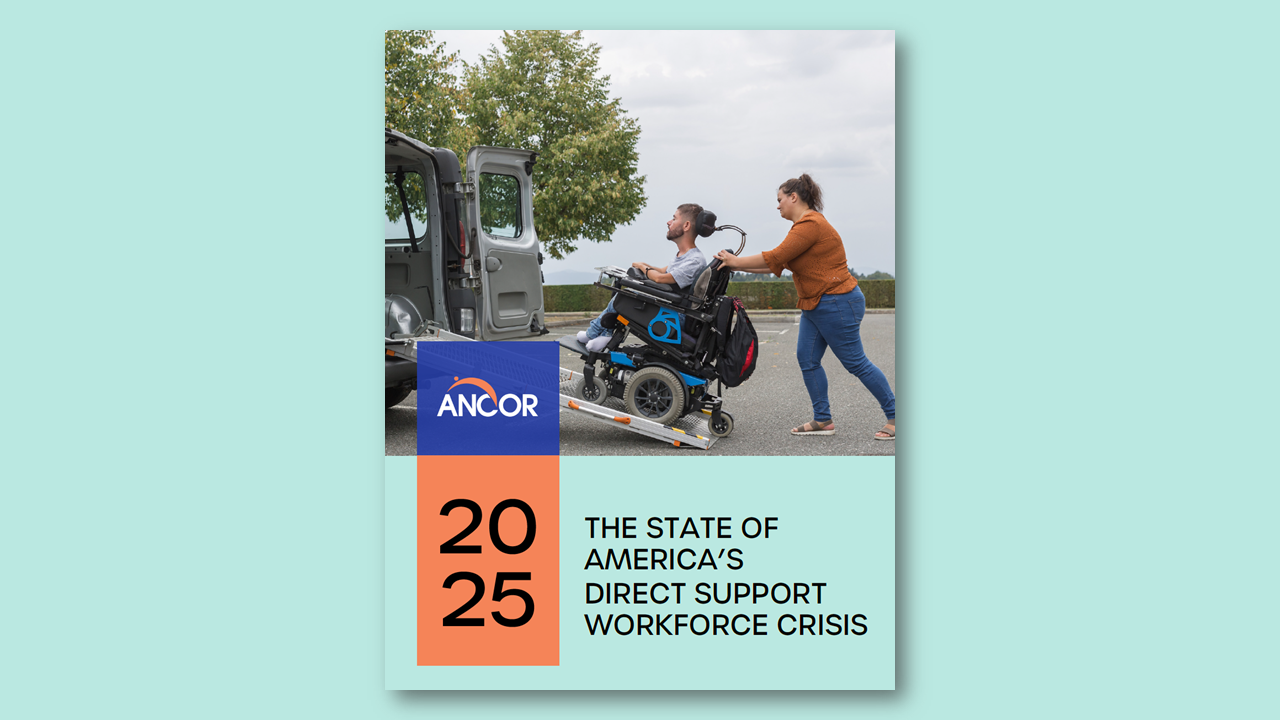New Data on the Direct Support Workforce Crisis
Survey of nearly 500 community-based disability service providers reveals mounting challenges in light of federal Medicaid cuts.
Browse the New Data
Capitol Correspondence - 03.30.21
Big Picture: Administration Floats Potential Tax on Miles Driven
Share this page
Stay Informed on the Latest Research & Analysis from ANCOR
More News
Capitol Correspondence - 10.28.25
Members-Only Briefing: ANCOR’s New Workforce Report

Capitol Correspondence - 10.28.25

